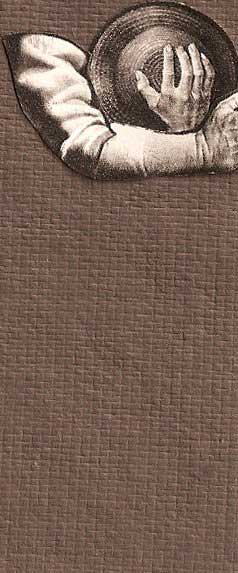
I find my hands – from time to time – reaching out for Phillis Wheatley’s poem “On Being Brought from Africa to America” and always end up dazed by its circularity.
‘Twas mercy brought me from my Pagan land,
Taught my benighted soul to understand
That there’s a God, that there’s a Saviour too:
Once I redemption neither sought nor knew.
Some view our sable race with scornful eye,
“Their colour is a diabolic die.”
Remember, Christians, Negros, black as Cain,
May be refin’d, and join th’ angelic train.“
The poem is circling around being Black as something that may be “refined” through Christianity – an ideology that was used to justify slavery – the practice that was one main reason why Africans were being brought from Africa to America, because – as per the poem’s reasoning – being Black is something that may be “refined” through Christianity. See the circularity! No wonder Phyllis Wheatley was taught to read and write and was published during slavery.

I find myself opening this conversation with others and what response abounds? “Well, anyway, she could think as she pleased.”
Page turned.
Déjà vu! Another conversation that begins with an invitation to analyze from a different point of view a particular statement deeply rooted in a dominant ideology, which when the different look into it becomes uncomfortable, the person finds a way to simply justify it and “turns the page”.
 Yes, we all – from time to time – debate the legitimacy of particulars. Yet, we occasionally reframe in uncontestable ways the subject brought up for analysis; making latent significant facts eventually immaterial to it.
Yes, we all – from time to time – debate the legitimacy of particulars. Yet, we occasionally reframe in uncontestable ways the subject brought up for analysis; making latent significant facts eventually immaterial to it.
But why? Why don’t we encourage ourselves and others to welcome and consider diverse points of view, partake in critical thinking, and acutely and honestly look deeper into overruling ideologies?

We might not eliminate predispositions – neither from ourselves, others, nor from society – yet, we can come to be fellow human beings freer of slaving dogmas and more open to conversation. Ones that – after attentively and respectfully considering other viewpoints based on relevant facts – freely exercise our right to think as we please.
Leave a Reply